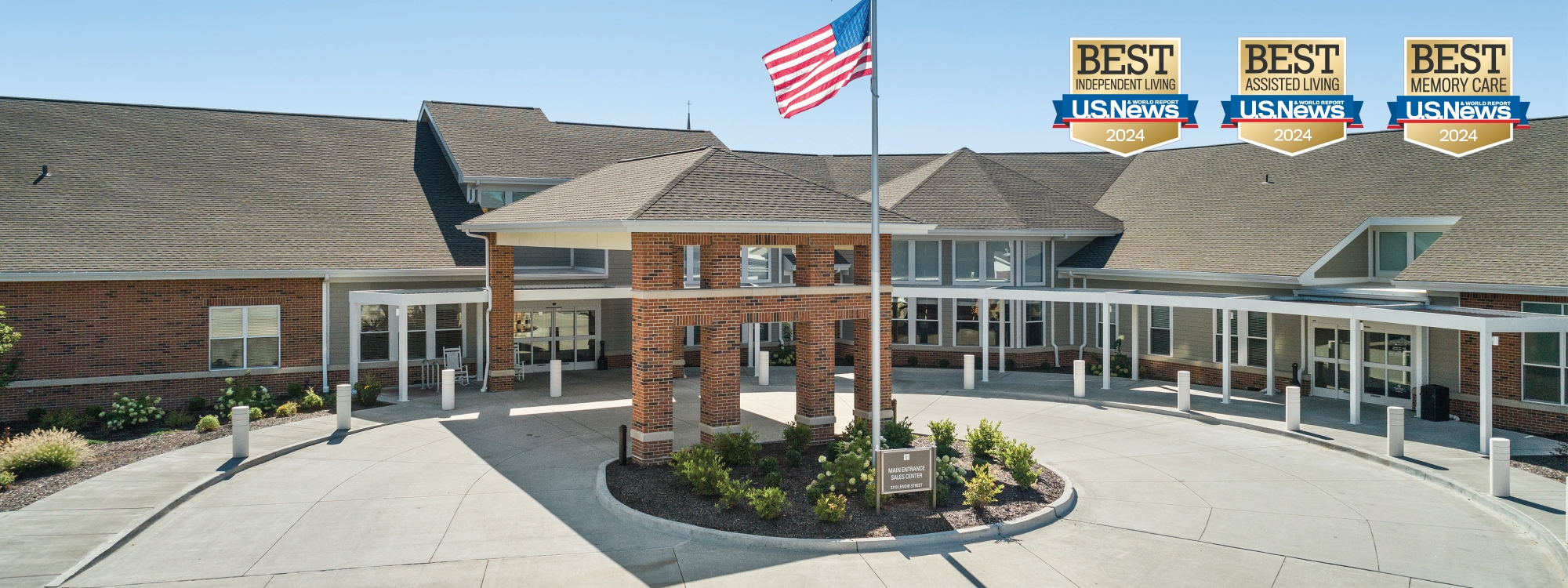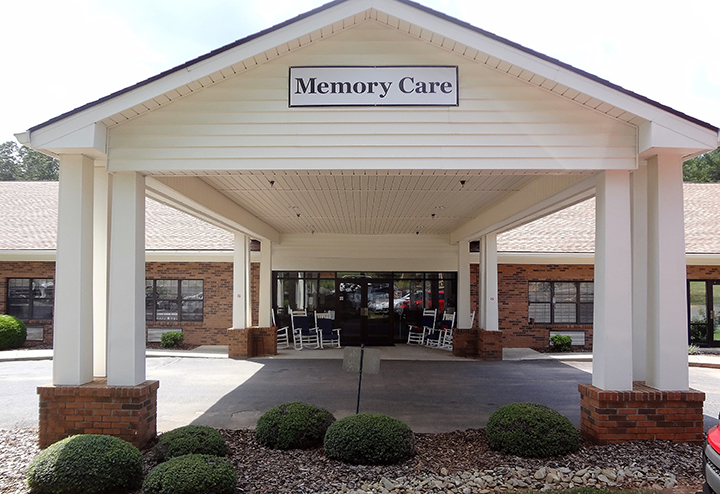Charlotte Memory Care: Safe and Secure Setting for Elders
Charlotte Memory Care: Safe and Secure Setting for Elders
Blog Article
What to Expect in Memory Care: A Detailed Guide to In-Home Services
Navigating the landscape of memory take care of an enjoyed one can be a facility and psychologically billed experience. As households pertain to terms with the challenges of looking after a person with memory loss, the realm of in-home solutions provides a lifeline of support and specialized treatment. Understanding what to expect in memory care is crucial for making certain the wellness of both the specific with memory disability and their caregivers. From customized daily tasks to security protocols and caretaker sources, this guide aims to shed light on the detailed spectrum of services available to those starting the journey of at home memory care.
Daily Regimens and tasks
Engaging in organized daily tasks and routines is an essential component of giving top quality care for individuals in memory care facilities. These activities are diligently made to provide to the particular needs of locals with cognitive problems, such as Alzheimer's illness or mental deterioration. Daily routines play an important duty in keeping a feeling of familiarity, security, and purpose for individuals in memory care.

Moreover, daily routines aid people in memory care facilities to feel even more focused and less distressed. Uniformity in activities and timetables can reduce complication and anxiety, supplying a feeling of security and comfort. Caregivers and personnel participants play an important function in facilitating these activities, making certain that each resident obtains personalized and compassionate treatment customized to their distinct choices and abilities.
Specialized Care Provider
Within memory care centers, specialized care services are necessary to address the special demands and difficulties encountered by people with cognitive disabilities such as Alzheimer's illness or mental deterioration. These solutions are designed to give customized support that caters to the particular needs of homeowners taking care of amnesia. Specialized care services in memory care facilities commonly include customized treatment plans, support with activities of everyday living, drug administration, and behavioral therapies focused on boosting high quality of life and reducing distress.
Additionally, memory care facilities normally offer structured programs and tasks especially made to boost cognitive function and promote social interaction among homeowners. These tasks might consist of memory-enhancing workouts, sensory stimulation therapies, and reminiscence therapy sessions. In addition, specialized care solutions commonly involve normal surveillance of locals' health and wellness by trained personnel that are equipped to manage the distinct obstacles related to cognitive decrease.
Precaution and Setting
Applying strict precaution and creating a protected atmosphere are vital concerns in memory treatment centers to make sure the health and defense of homeowners with cognitive impairments. Security in memory care begins with protected structure layout, including secured doors and kept track of access to avoid residents from straying outdoors without supervision. Additionally, facilities commonly have alarm and surveillance cams to monitor citizens and react rapidly to any emergency situations. Inside, read the atmosphere is thoroughly planned to lessen dangers, with hand rails, grab bars, and non-slip flooring to avoid falls. Furniture is prepared to promote easy navigating, and possibly unsafe things are locked away or gotten rid of. Personnel members get specialized training in handling emergencies, de-escalating tough behaviors, and making sure the safety of locals at all times. Normal security analyses are performed to recognize and deal with any kind of prospective threats immediately. By focusing on safety and security procedures and keeping a protected setting, memory treatment facilities objective to provide a protective and encouraging setting for people with cognitive problems.
Communication and Engagement Methods
With a concentrate on cultivating purposeful interactions and improving lifestyle, effective interaction techniques play an important role in supporting individuals in memory care centers. Interaction in memory care entails comprehending the one-of-a-kind requirements of citizens that might have cognitive impairments like mental deterioration. Basic language, clear directions, and non-verbal cues such as gestures and faces are essential devices for reliable interaction. Caregivers should approach residents with empathy, perseverance, and regard, producing a helpful environment where people feel comprehended and valued.
Engagement techniques are additionally vital in memory care, aiding residents stay active, boosted, and attached to their environments. Charlotte Memory Care. By prioritizing tailored interaction and involvement techniques, memory care facilities can improve the total wellness and top quality of life for their residents.
Caregiver Support and Resources
Offered the vital duty caretakers play in implementing effective communication and interaction methods for homeowners in memory care centers, providing sufficient support and sources is necessary to make sure the health of both the caretakers and the people under their treatment. Caretakers in memory treatment settings typically deal with one-of-a-kind obstacles that can influence their physical and psychological wellness. To attend to these difficulties, different support group and resources are available to assist caregivers in supplying the best possible treatment.
One crucial kind of assistance is caregiver education and training programs. These programs equip caregivers with the essential abilities and expertise to successfully take care of the habits and signs and symptoms related to amnesia. Furthermore, support groups offer caretakers the chance to get in touch with others that are experiencing comparable challenges, providing a feeling of neighborhood and understanding.

Final Thought

Engaging in organized daily activities and regimens is a basic component of supplying top quality care for individuals in memory treatment centers.Within memory care facilities, specialized care solutions are essential to deal with the one-of-a-kind needs and challenges dealt with visit the website by people with cognitive problems such as Alzheimer's disease or dementia. Specialized care services in memory care centers usually include customized care strategies, help with tasks of day-to-day living, medication management, and behavioral therapies intended at enhancing top quality of life and decreasing distress.
Provided the essential role caregivers play in executing efficient interaction and involvement approaches for residents in memory care facilities, providing adequate support and resources is important to guarantee the wellness of both the caretakers and the individuals under their treatment. Daily activities, specialized treatment services, security measures, interaction methods, and caretaker assistance are crucial parts of in-home memory treatment.
Report this page